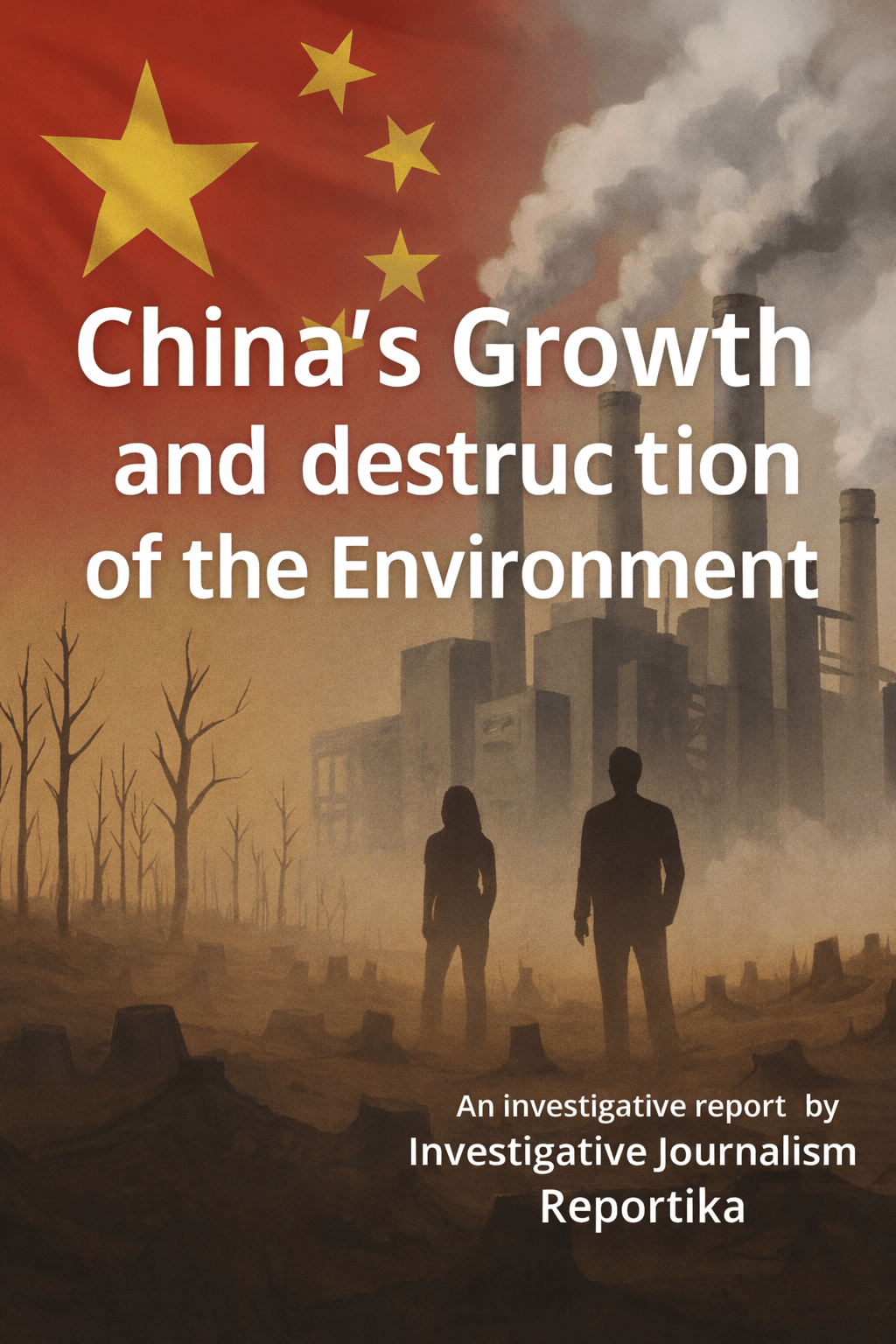Civilians across Myanmar on Tuesday commemorated the 35th anniversary of a significant uprising as they held protests against the ruling military junta dictatorship amid heightened security measures imposed by the regime, activists said.
They gathered in Yangon, Sagaing, Mandalay, and Tanintharyi regions holding red umbrellas, putting up posters with anti-regime slogans, and burning mock-ups of the newly issued 20,000-kyat note to mark the anniversary of “8888.”
The number signifies the wave of popular protests that began in Yangon on Aug. 8, 1988, and was met with a violent crackdown by a previous military junta that resulted in numerous casualties.
An activist who led a peaceful umbrella protest by Yangon People’s Strike in the commercial hub said the umbrellas displayed slogans such as “8888 never ends. We will keep fighting with the people” or “8th August 88.”
The military junta increased security by posting authorities dressed in civilian clothes to crowded places like bus stops or markets to arrest protesters.
The protests occurred amid ongoing political instability and armed conflict across Myanmar between anti-regime resistance forces and the current military junta that seized power from the elected government in a February 2021 coup.

Min Lwin Oo, leading member of the Dawei District Democracy Movement Strike Committee in Tanintharyi region, said his group staged a protest on the outskirts of the town of Launglon to avoid the tight security, including a navy vessel patrolling in a nearby river.
In Mandalay, a member of the city’s boycott forces, who requested anonymity for safety reasons, said residents released balloons attached to banners to commemorate the 8888 uprising.
“We have released a statement vowing to keep fighting for revolution and a video depicting the history [of 8888],” he said.
“We also want to remind [people] that we are still not free from military dictatorship, although the 8888 revolution has turned into the 2021 Spring Revolution,” he said, referring to the nationwide wave of popular resistance to the Myanmar military following the 2021 coup.
Members of the Burmese diaspora also staged protests in various forms to commemorate the uprising’s anniversary.
‘All of these shall end’
In 1988, under the rule of strongman General Ne Win, an anti-dictatorship movement boiled into a nationwide uprising following the regime’s announcement banning 25-, 35- and 75-kyat bills from circulation and later the killing of a university student by police.
The nationwide uprising, which peaked on Aug. 8 of that year, became a historic milestone that united Myanmar’s various ethnic groups, socioeconomic classes, and other communities against the ruling junta.
Nan Linn, a member of the University Students’ Unions Alumni Forces, said the Spring Revolution would end the string of successive military regimes that have suppressed popular uprisings and prevented Myanmar’s development, keeping it isolated and impoverished.
“We are now very determined that all of these shall end with the Spring Revolution,” he said. “This time, in this revolution, they shall be punished for everything they have done to the people and the country.”
The military junta has escalated the arrest, killing and sentencing of anti-regime activists.
Users of pro-military Telegram channels have posted threats against those who share any comments, photos or videos of the anniversary protests, saying they will be arrested and prosecuted under Myanmar’s Counter-terrorism Law.
Junta forces have arrested more than 24,200 civilians and activists across the country since the 2021 coup, according to a tally by the Assistance Association for Political Prisoners, a Thailand-based rights group.

The protests came the same day as the public release of an annual report by the Independent Investigative Mechanism for Myanmar, citing strong evidence that the military and its affiliate militias “are committing increasingly frequent and brazen war crimes.”
Among the war crimes are indiscriminate or disproportionate attacks on civilians from aerial bombings, a rise in the number of mass executions of civilians and detained combatants, and the large-scale intentional burnings of civilian homes and buildings, the report said.
“Our evidence points to a dramatic increase in war crimes and crimes against humanity in the country, with widespread and systematic attacks against civilians, and we are building case files that can be used by courts to hold individual perpetrators responsible,” mechanism head Nicholas Koumjian said in a statement issued Tuesday.
The mechanism was set up by the United Nations Human Rights Council in September 2018 to collect and analyze evidence of serious international crimes and violations of international law committed in the country since 2011.
Translated by Ye Kaung Myint Maung for RFA Burmese. Edited by Roseanne Gerin and Matt Reed.



